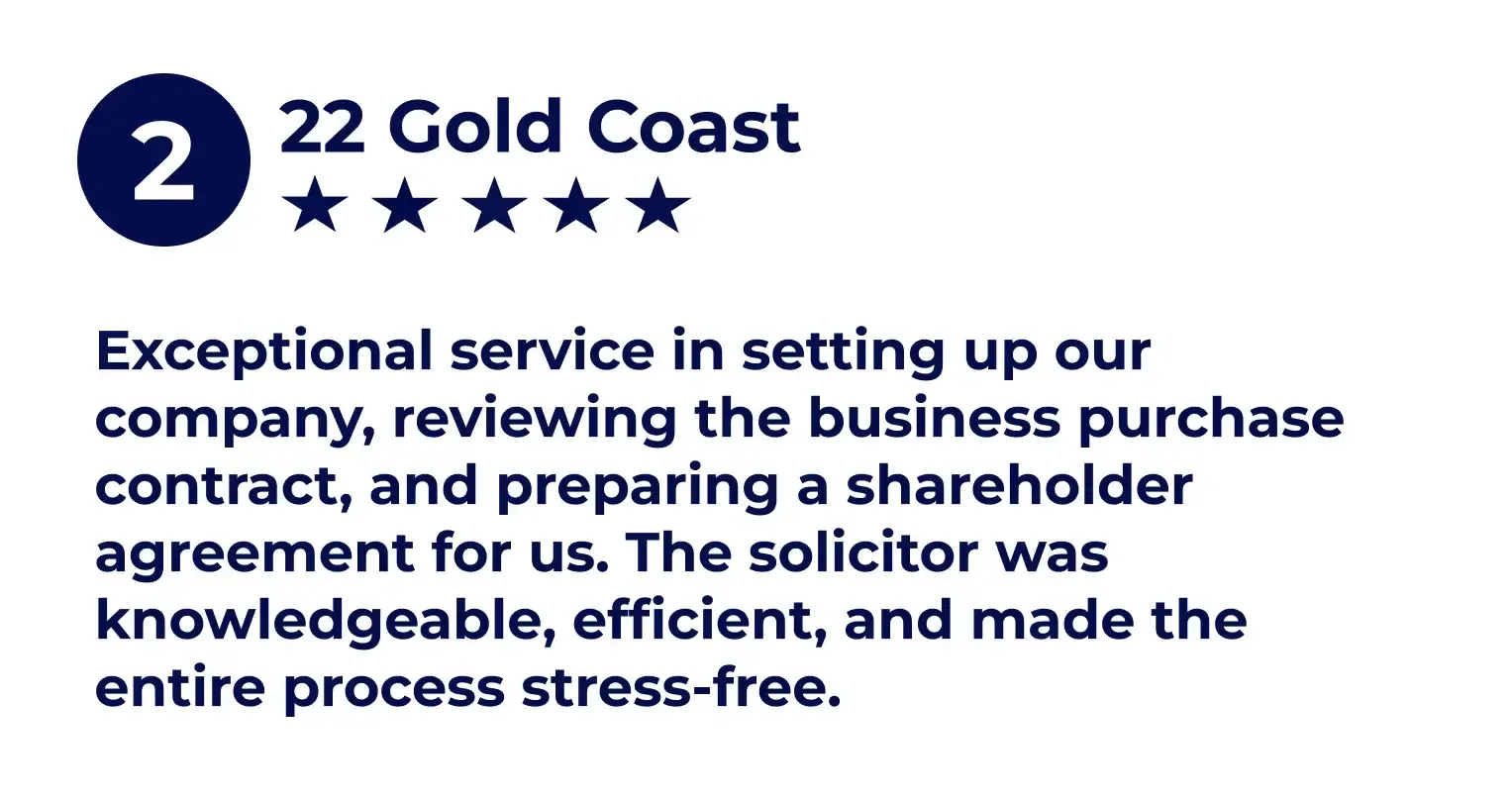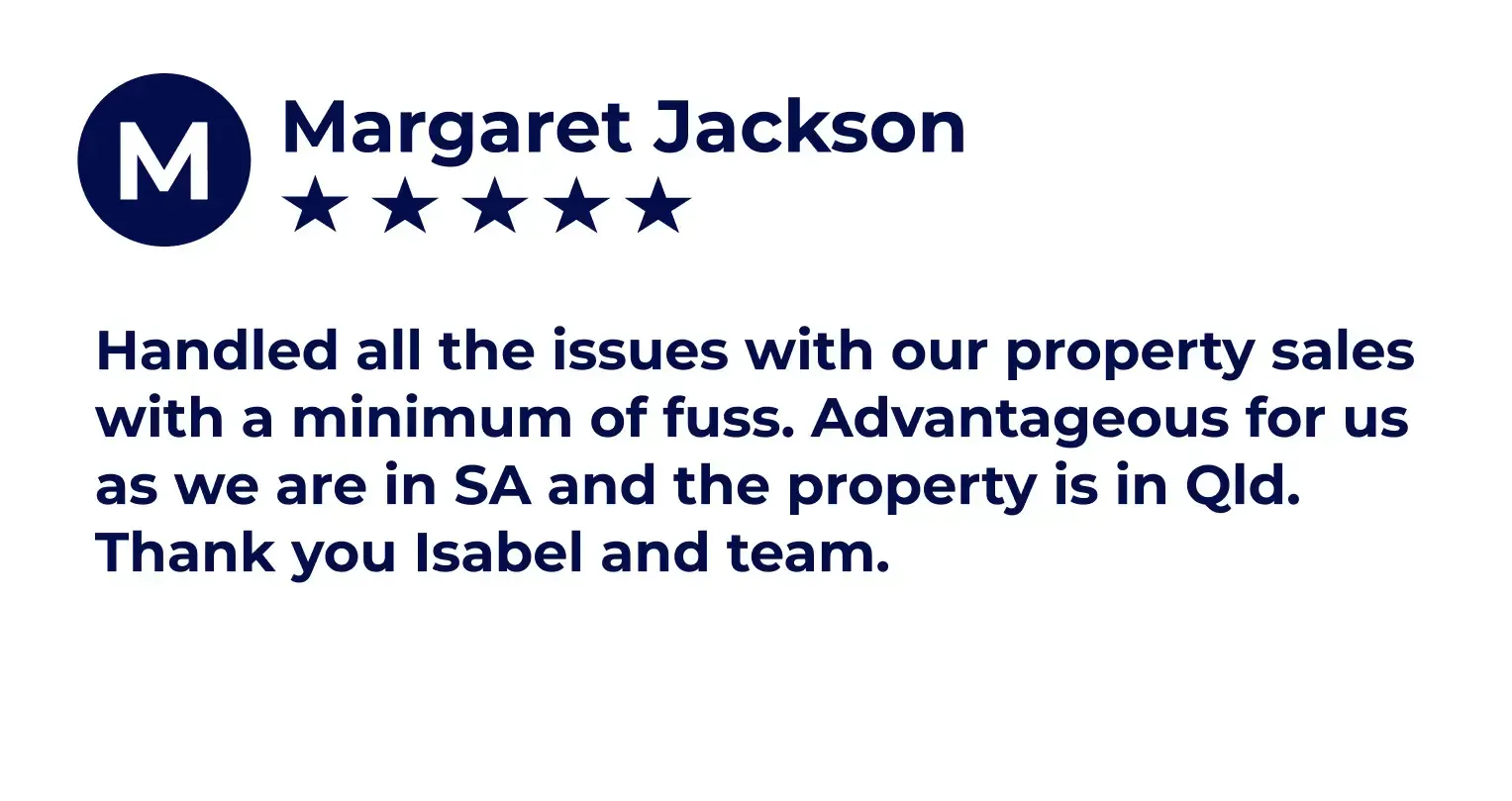우리의 최신 스토리


고용법
골드 코스트의 고용법 및 북부 NSW
고용법
골드 코스트의 고용법 및 북부 NSW
CJM Lawyers는 공정 노동, 임금 혜택, 산업 안전 보건, 그리고 기업의 차별 금지 정책과 관련된 모든 법률 문제를 처리하는 믿을 수 있는 고용 전문가입니다. 귀하의 직장에는 다양한 연방법, 주법, 지방법이 적용됩니다.
고용주는 이러한 법률에 따른 자신의 책임에 대한 이해와 통찰력을 어디에서 얻을 수 있는지 파악하고 각 법률에 대한 명확한 절차를 수립하는 것이 중요합니다. 직원들은 이러한 정책과 관련된 권리와 법적 조치에 대해 스스로 교육하고 전문가의 조언을 구해야 합니다. 특히 개인적으로 영향을 받고 지원이나 법률 자문이 필요한 경우 더욱 그렇습니다.
CJM Lawyers는 고용주 또는 직원에게 개인의 목표 및/또는 원하는 결과에 대해 명확하고 간결한 지침을 제공할 수 있습니다. 사업 또는 개인적인 필요에 대해 전문적이고 긍정적인 결정을 내릴 수 있도록 이 여정을 지원해 드리겠습니다.
CJM Lawyers는 공정 노동, 임금 혜택, 산업 안전 보건, 그리고 기업의 차별 금지 정책과 관련된 모든 법률 문제를 처리하는 믿을 수 있는 고용 전문가입니다. 귀하의 직장에는 다양한 연방법, 주법, 지방법이 적용됩니다.
고용주는 이러한 법률에 따른 자신의 책임에 대한 이해와 통찰력을 어디에서 얻을 수 있는지 파악하고 각 법률에 대한 명확한 절차를 수립하는 것이 중요합니다. 직원들은 이러한 정책과 관련된 권리와 법적 조치에 대해 스스로 교육하고 전문가의 조언을 구해야 합니다. 특히 개인적으로 영향을 받고 지원이나 법률 자문이 필요한 경우 더욱 그렇습니다.
CJM Lawyers는 고용주 또는 직원에게 개인의 목표 및/또는 원하는 결과에 대해 명확하고 간결한 지침을 제공할 수 있습니다. 사업 또는 개인적인 필요에 대해 전문적이고 긍정적인 결정을 내릴 수 있도록 이 여정을 지원해 드리겠습니다.
지금 연락하세요!
종합적인 법률 서비스를 위해
지금 예약하고 무료 초기 상담을 받으세요.
지금 연락하세요!
종합적인 법률 서비스를 위해
지금 예약하고 무료 초기 상담을 받으세요.
우리의 최신 스토리


우리 고객의 말



우리 고객의 말


We're here to help
We will be there with you every step of the way and provide detailed information ensuring transparency and clarity about the costs associated with our legal services.
SERVICES
family law services
estate planning
SURFERS PARADISE | chinderah | Tweed Heads | Murwillumbah | Grafton